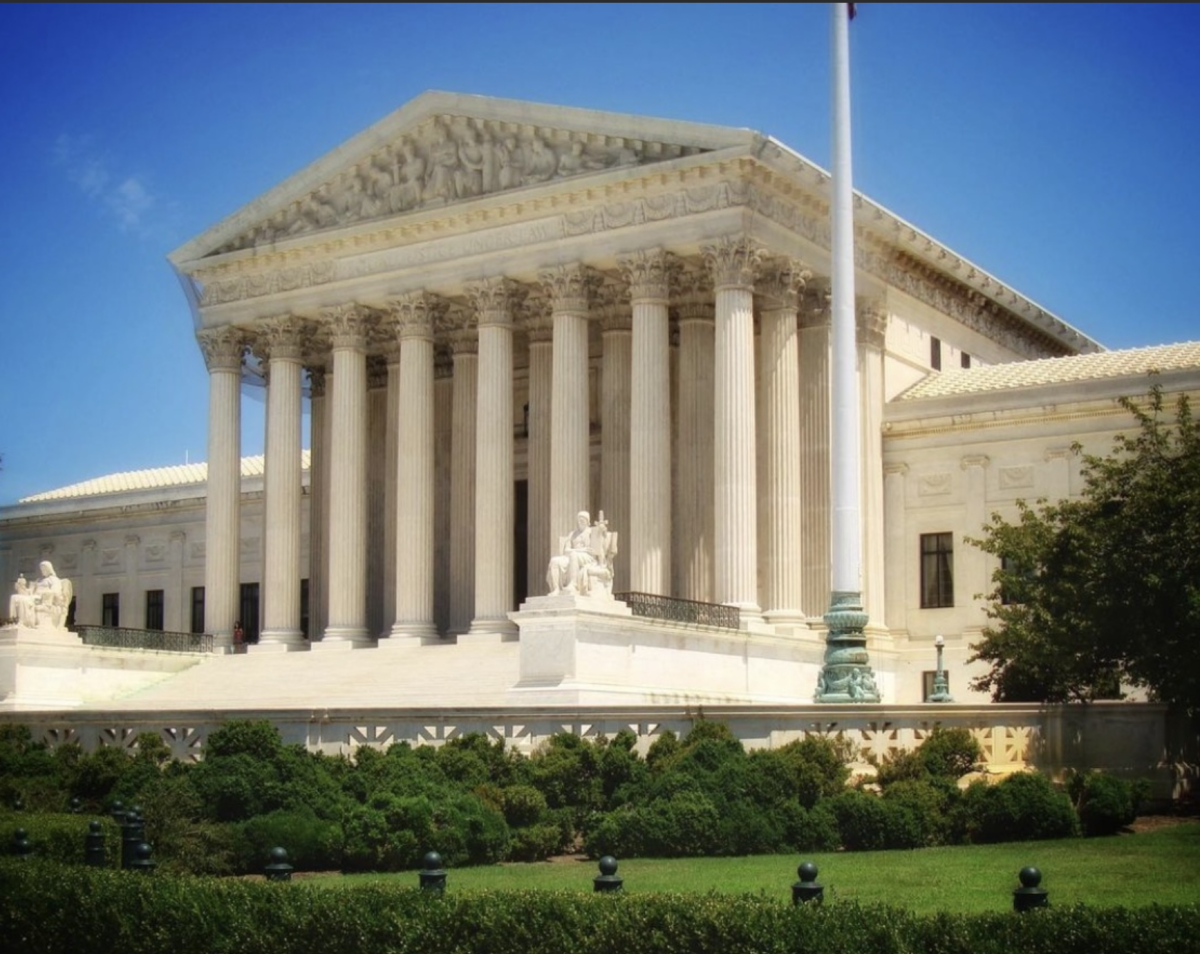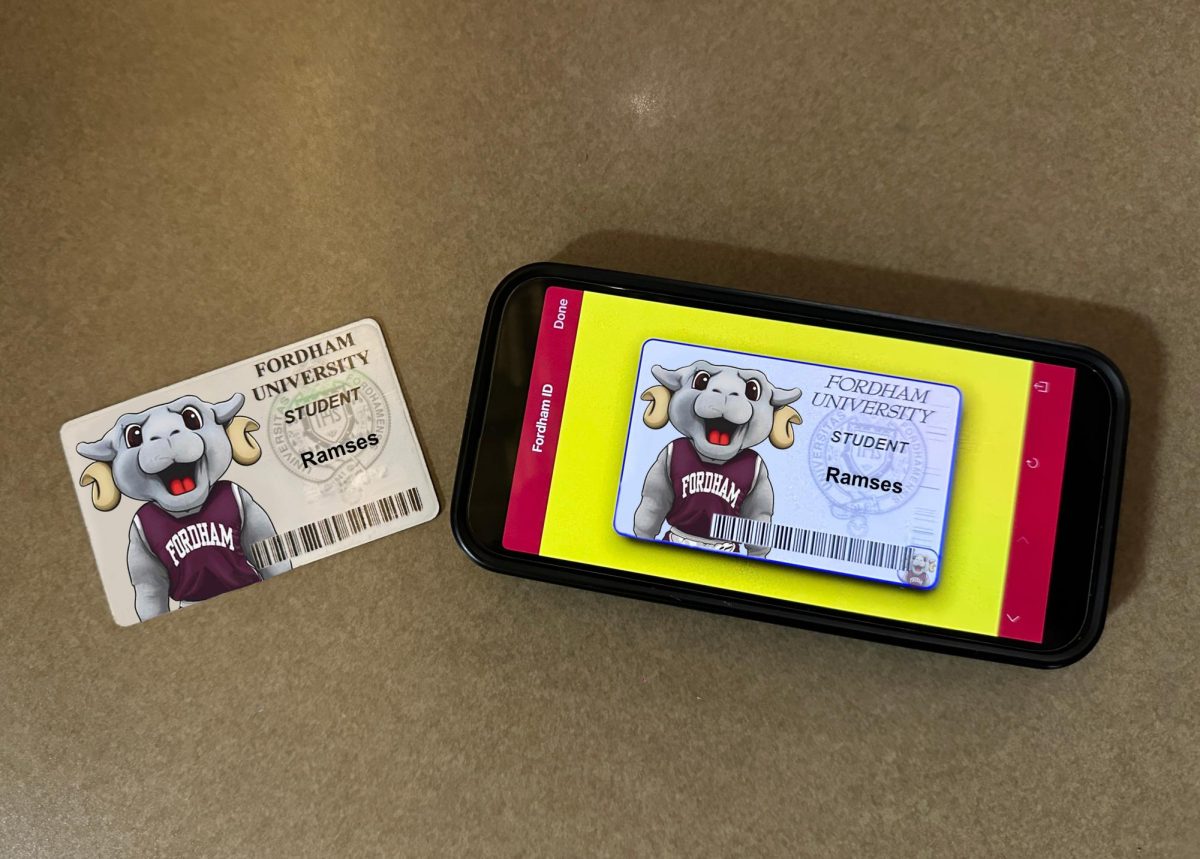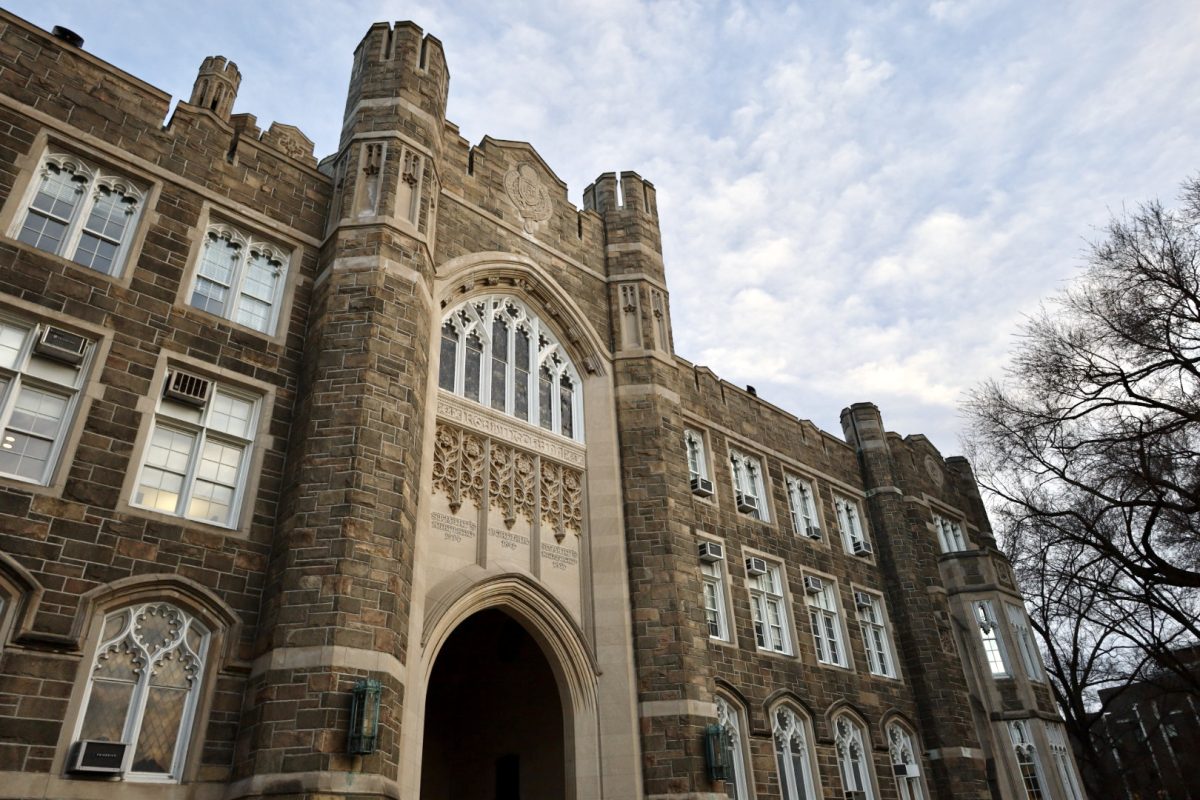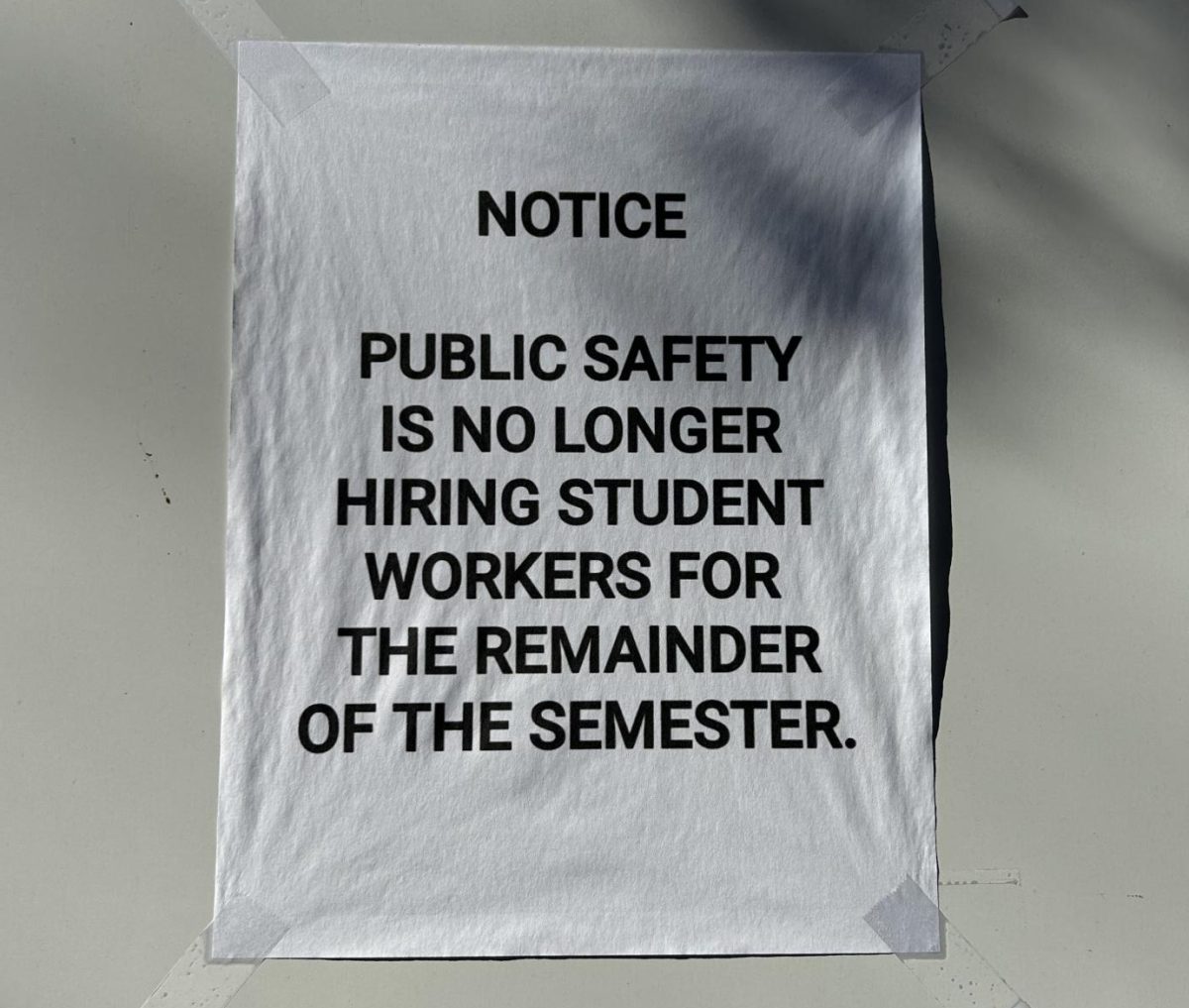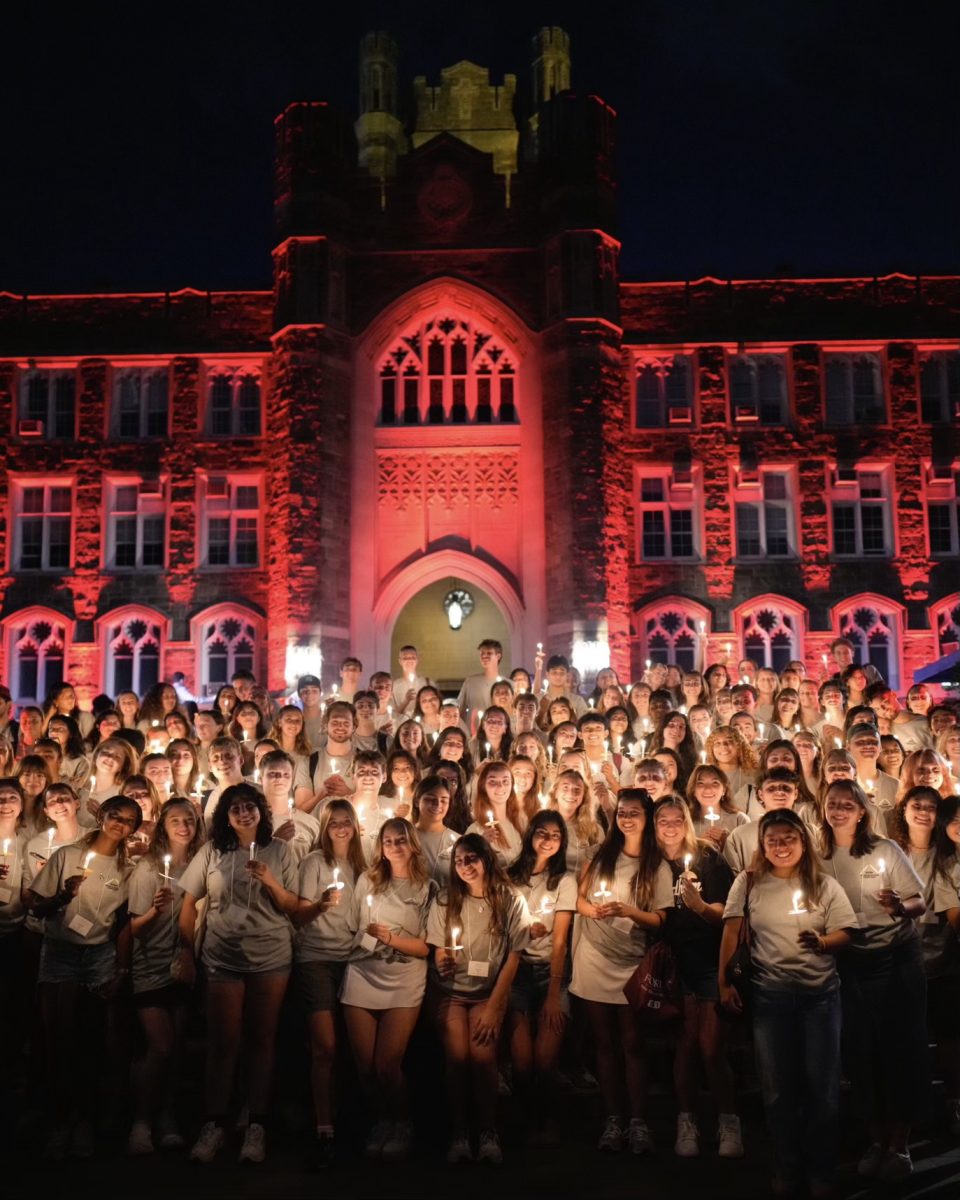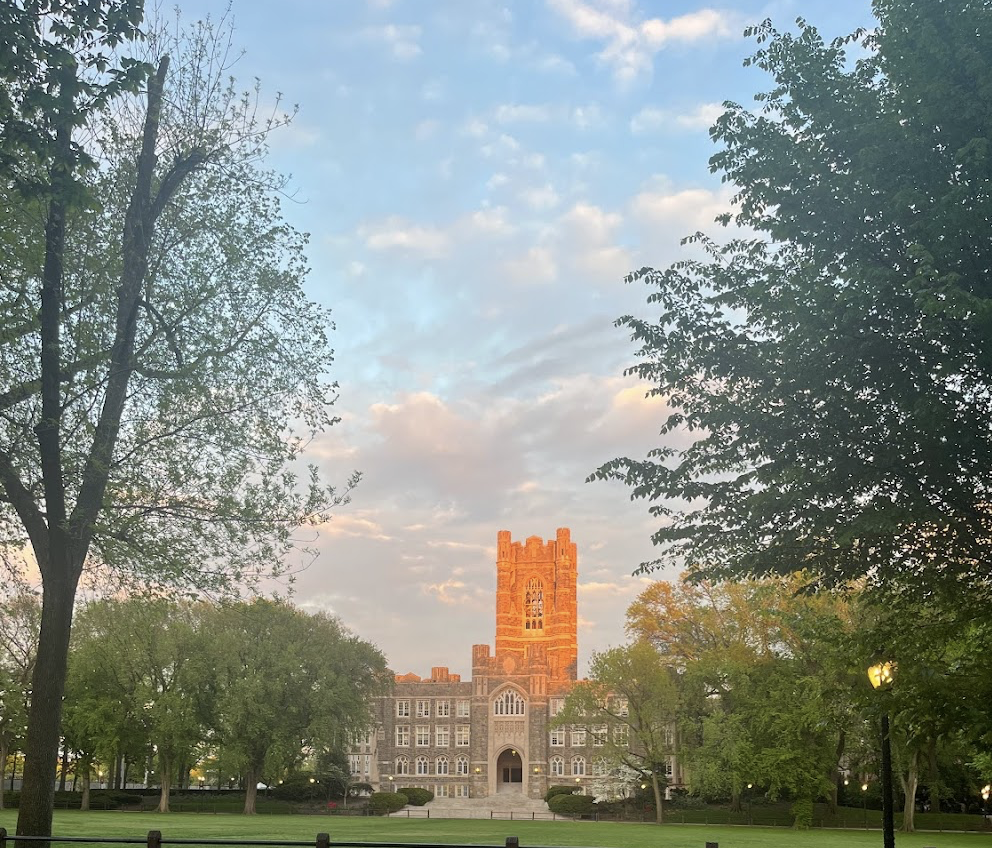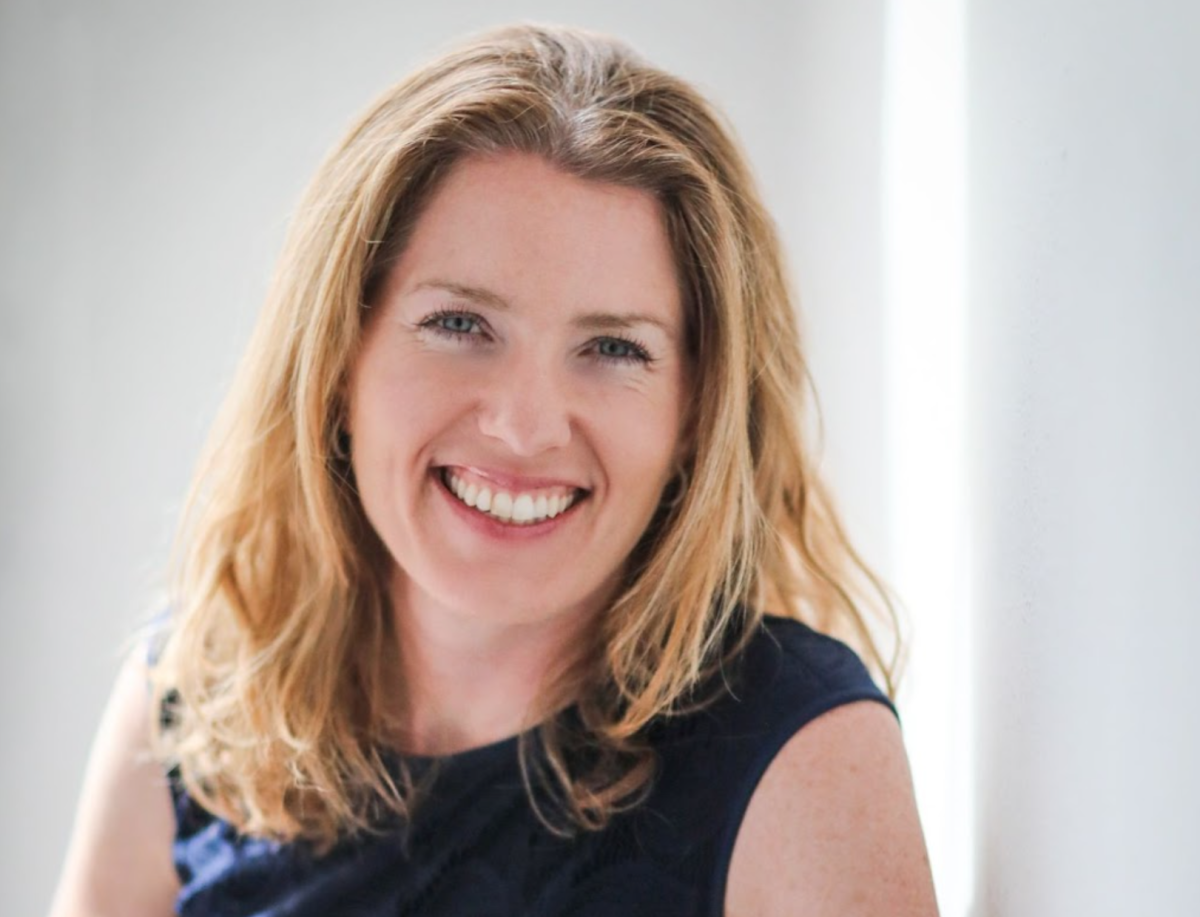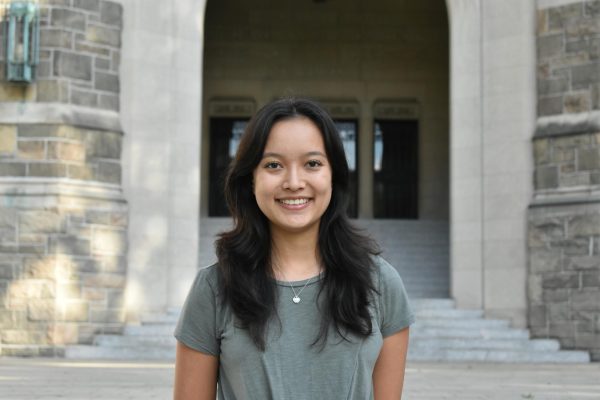On June 29, the Supreme Court struck down affirmative action, meaning race can no longer be a factor in college admissions decisions. On the same day as the decision, President Tania Tetlow emailed the Fordham community regarding the ruling.
“I am both disappointed and determined to find a path forward,” President Tetlow said in the email.
She also wrote that it is impossible to line students up in rank order of merit and that many people have advantages such as private tutoring — which was why Fordham decided to become a test-optional institution in fall 2021.
“Now, the Court gives us very mixed messages on whether we can consider one—and only one—obstacle, that of overcoming racism,” Tetlow wrote.
President Tetlow ended her email by asking for everyone’s commitment to creating a community where “every single one of us knows, at our core, that we belong here.”
Patricia Peek, dean of undergraduate admissions and associate vice president, explained that Fordham has been committed to achieving a diverse student body for years, but they will now expand upon those efforts.
According to Peek, those efforts include continuing to focus on recruitment and outreach; extending the test-optional policy through at least 2025; remaining liberal in application fee waivers; working to increase the number of veteran and military-connected students, community college graduates and first-generation college students; and refining the supplemental optional essay question to give students more opportunities to share their experiences.
“We also are very transparent that we are a predominantly white institution (PWI) committed to creating a diverse, inclusive and anti-racist community. This is ongoing work that is supported by many areas of the university including, but not limited to, the Office of the Chief Diversity Officer, the Office of Multicultural Affairs, Student Affairs, Campus Ministry, as well as the wider faculty and staff,” said Peek.
Alan Ventura, FCRH ’24, president of El Grito and vice president of ASILI, does not have any programming yet planned based on the recent ruling but is ready to if there is a demand.
“Our foremost focus at both ASILI and El Grito is providing students of color at Fordham a space where they can feel a sense of security and belonging,” Ventura said. “Regardless, discussion surrounding the ruling is inevitable. Even when the topic is broad, we’re always pulling from current events in our weekly meetings, and this being fresh in everyone’s minds means that we’ll constantly be grappling with it throughout the school year whether we’re programming around the topic or not.”
Ventura added that Fordham can work on creating an inclusive environment moving forward by staffing Counseling & Psychological Services with professionals who are trained to handle the needs of students of color, enforce more effective bias training for Public Safety and publicize the many student-organized events of diversity, equity and inclusion on campus.
“If anything, this stubborn restriction on how Fordham operates from this point on should prompt everyone to take a close look at what we can change about how Fordham has operated up to this point,” Ventura said.
Mirei Fukushima, GSB ’25, vice president of diversity and inclusion and chair of Diversity Action Coalition (DAC) for United Student Government (USG), emphasized that the USG committee will continue their same mission.
“The [DAC] will continue to operate as it has been in previous years by holding programming events to celebrate various cultures and promote diversity,” Fukushima said. “In recent news of the affirmative action ruling, I think it’s important for DAC to emphasize this change and continue to create a safe space where students can freely share their thoughts, concerns or questions regarding diversity and inclusion.”
Fukushima added that she is also planning for her committee to collaborate with other clubs and organizations this semester to get a wider range of opinions on how Fordham can work towards creating a more diverse and inclusive environment on campus.
“I joined DAC my freshman year for this same reason, and I hope this club will continue to serve as a space that will welcome all students,” Fukushima said.
With the new ruling, there will be changes made to admissions to be compliant, explained Peek. Racial status will not be viewable by the people responsible for making admission decisions.
“We will still seek to understand a student fully and in context within their high school and community environments,” Peek said.





































































































































































































